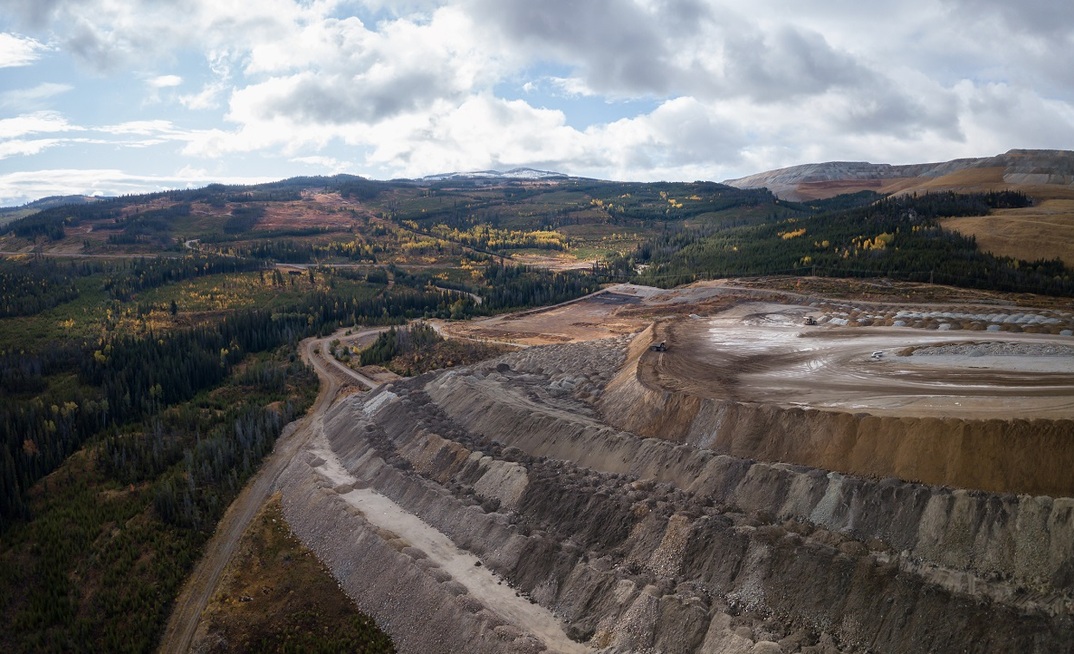British Columbia's Ministry of Energy, Mines and Low Carbon Innovation announced on Thursday it placed restrictions on mineral claim registrations and mining activities in Gitxaała Nation and Ehattesaht First Nation territories while it's advancing the reform of the province's Mineral Tenure Act (MTA).
The restrictions follow a BC Supreme Court ruling from September last year, in which it decided that the province's current mining claims system violated Indigenous rights and ordered the system to be reformed. The judge gave the province 1.5 years to improve the tenure act.
The ministry said that Gitxaała and Ehattesaht remained concerned about how their right would be affected while the reform was underway. The First Nations agreed not to file further appeals following the new protective measures.
"These interim measures mean that instead of ongoing litigation that could have far more significant and longer-term impacts on the sector, we are instead able to focus on our work together to reform the act, providing greater certainty to First Nations, industry and British Columbians," minister Josie Osborne said.
The measures limit current mining activities and the issuance of new permits in the territories, as well as preventing the registration of new claims without the agreement of the First Nations.
"Gitxaała is ready to work with the province and other First Nations to ensure BC meets its commitment to establish a mineral tenure law that aligns with the United Nations Declaration on the Rights of Indigenous Peoples and respects Gitxaała laws," Gitxaała Chief Councillor Linda Innes said. "The orders enacted by the province are an important step to begin this work together."
"In our view, these interim measures offer the province and industry the opportunity to sit down with us as we take on the hard work of finding both certainty and reconciliation for our territory," Ehattesaht Nation Chief Simon John said. "We have continually told the province and proponents that we are not against mining, but if you want to mine here, we have to find ways that keep our lands and waters healthy and that respect our rights and culture. We know what bad mining looks like, and we can't go back there again."
MTA modernisation
On Thursday, the ministry also announced that it is advancing its reforms of the MTA. The province said it's currently working with First Nation leadership to finalise a shared vision for the reform that aligns with the United Nations Declaration on the Rights of Indigenous Peoples.
"Our government is taking steps to acknowledge our past and working to address the consequences of colonial legislation and policies, which have had lasting effects on First Nations. By doing this together, we are building a better future on the land, in communities, and for people in British Columbia," Osborne said. "We are committed to the full transformation of BC's mining regulatory system, including modernising the Mineral Tenure Act, and this government-to-government work must be reflective of the shared interests and values of everyone who lives and works on these lands."
The ministry added that consultation with First Nations and engagement with industry and interested groups will launch this month.
The Association for Mineral Exploration, which represents the exploration and development industry in the province, said it expects minimal impact from the protective orders on Gitxaała and Ehattesaht territories.
"These interim orders are a temporary measure and will be repealed when a modernised MTA is in place next year. There is also an opportunity to amend the interim orders if the government and Ehattesaht or Gitxaała reach an agreement with companies seeking to explore or mine in their territories," Keerit Jutla, chief executive of the Association for Mineral Exploration, said. "The government has also assured us no further interim orders that restrict mineral claims in other parts of the province are expected. It remains business as usual for our members in the rest of the BC."
Jutla added that the association wants the industry to play a more significant role in the modernisation of the Mineral Tenures Act and asked for a seat at the table with the working group, which currently includes the First Nations Leadership Council, First Nations Energy and Mining Council, and the BC government.
"It is unfortunate that industry is not yet part of this working group, despite our geological expertise and knowledge," Jutla explained. "We will continue to advocate for transparency, certainty, and clarity on the process. The lack of these things has the potential to cause anxiousness and panic, which is destructive to all parties and counter to sustainable dialogue."
"In the end, it is imperative that we end up with a modernised MTA that protects the intellectual property, integrity and viability of our members and their ability to explore BC's mineral potential and unlock shared benefits," he added.


























